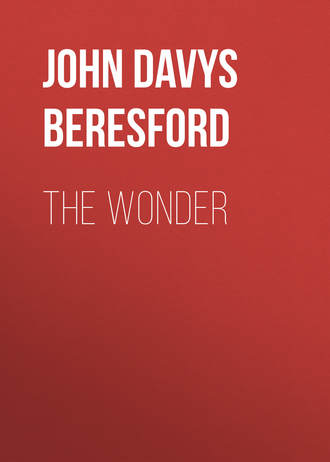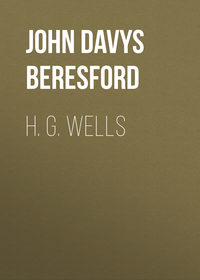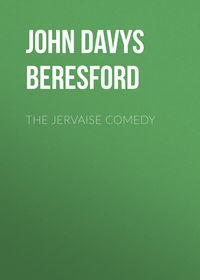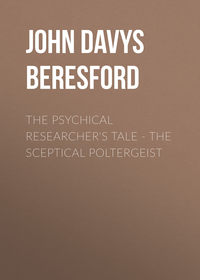 полная версия
полная версияThe Wonder
"See how man clings to his old and useless traditions; see how he opposes at every step the awful force of progress. At each stage he protests that the thing that is, is good, or that the thing that was and has gone, was better. He despises new knowledge and fondly clings to the belief that once men were greater than they now are. He looks back to the more primitive, and endows it with that mystery he cannot find in his own times. So have men ever looked lingeringly behind them. It is an instinct, a great and wonderful inheritance that postpones the moment of disillusionment.
"We are still mercifully surrounded with the countless mysteries of everyday experience, all the evidences of the unimaginable stimulus we call life. Would you take them away? Would you resolve life into a disease of the ether—a disease of which you and I, all life and all matter, are symptoms? Would you teach that to the child, and explain to him that the wonder of life and growth is no wonder, but a demonstrable result of impeded force, to be evaluated by the application of an adequate formula?
"You and I," said Challis, "are children in the infancy of the world. Let us to our play in the nursery of our own times. The day will come, perhaps, when humanity shall have grown and will have to take upon itself the heavy burden of knowledge. But you need not fear that that will be in our day, nor in a thousand years.
"Meanwhile leave us our childish fancies, our little imaginings, our hope—children that we are—of those impossible mysteries beyond the hills...."
THE END1
A relatively easy task for the baseball thrower, but one very difficult of accomplishment for the English bowler, who is not permitted by the laws of cricket to bend his elbow in delivering the ball.
2
See the Teutsche Bibliothek and Schoneich's account of the child of Lubeck.
3
A study of genius shows that in a percentage of cases so large as to exclude the possibility of coincidence, the exceptional man, whether in the world of action, of art, or of letters, seems to inherit his magnificent powers through the female line. Sir Francis Galton, it is true, did not make a great point of this curious observation, but the tendency of more recent analyses is all in the direction of confirming the hypothesis; and it would seem to hold good in the converse proposition, namely, that the exceptional woman inherits her qualities from her father.
4
Afterwards Lord Quainton.




